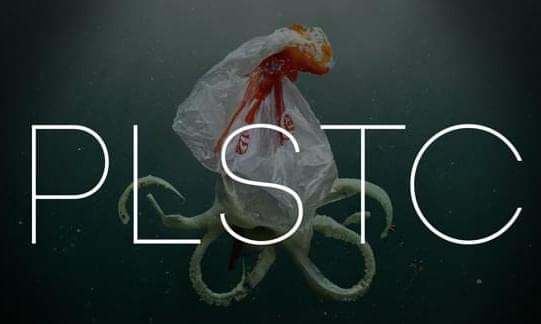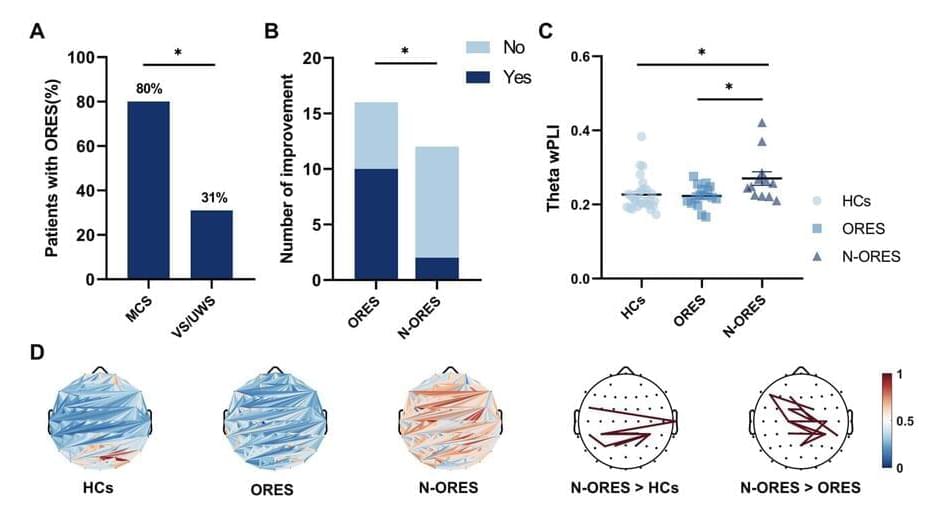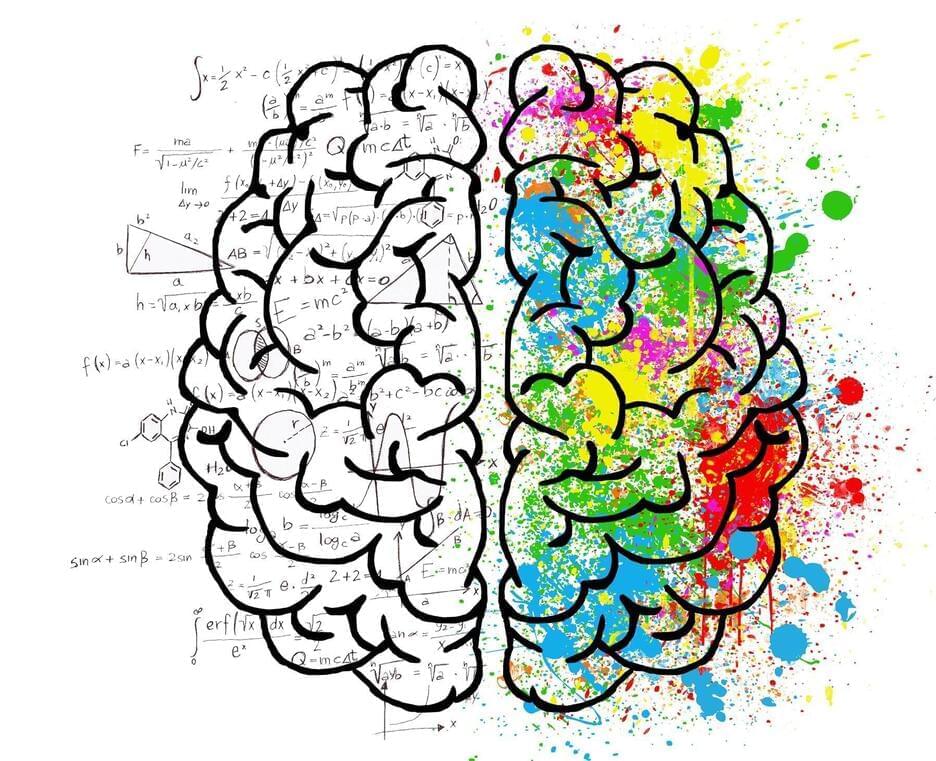Artificial Intelligence’s growing capacity to generate realistic content, such as deep fakes, is stirring debate in Hollywood over actor compensation and content creation.
The use of artificial intelligence in creating realistic videos has become a contentious issue within Hollywood. Famed director Wes Anderson appears to be part of a trend, as fake movie trailers bearing his distinctive style have popped up on YouTube, featuring significant stars like Bill Murray and Scarlett Johansson. But Anderson or his stars didn’t craft these trailers, and they were generated by AI, stirring debate among actors, writers, and studios.
“Hollywood” by Marcus Vegas is licensed under CC BY-SA 2.0.
AI’s ability to produce this level of realistic content has created a division in Hollywood. While some see potential in the technology’s capacity for content creation, others are concerned about how it might be used. The Screen Actors Guild‐American Federation of Television and Radio Artists (SAG-AFTRA) is one group voicing concerns. The actors union is preparing to negotiate labor contracts with studios, and the use of AI is a top issue.








